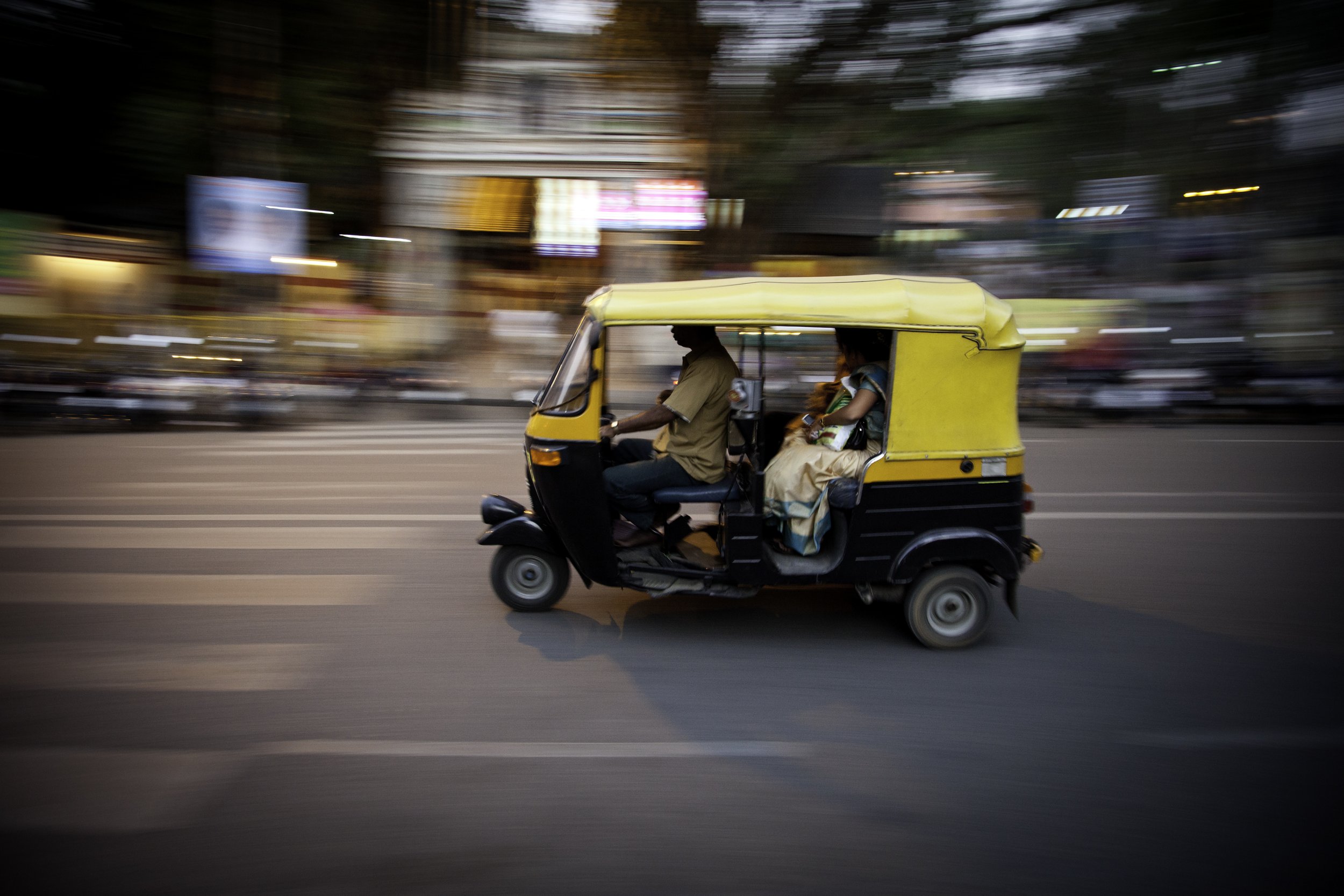
What’s in a name?
We think the better term is POPULAR TRANSPORTATION
There’s confusion about what to call these privately provided, publicly serving local transportation services and systems that emerge in nearly every city in the Global South.
They go by many local names—ojeks, tuk-tuks, jeepneys, matatus, danfos, dala dalas, boda bodas, minibus taxis, microlets, angkots, marshrutkas, diablos rojos, bajajas, colectivos, boda bodas, dollar vans, etc. They run on two-wheels, three-wheels, or four-wheels. They are pedal or motor powered. They can even be electric.

Why we call it
“popular transportation”
Because the words and terms we use matter…
In research and policy, we call them “informal transportation,” “paratransit,” “intermediate public transit,” or “artisanal public transportation.”
Until recently, we used these words interchangeably. But, the more we understand, the more we realize that these terms are wholly inadequate. They define these systems by what they are not and miss out on what they are—homegrown, emergent, widespread, self-organizing, self-sustaining mobility.
We think the better term is “POPULAR TRANSPORTATION.” (Read more…)

…and we reject these terms
We reject these terms
We reject these terms because they are vague and inadequate:
-“informal transportation” or “semi-formal transportation”
-“paratransit”
-“intermediate public transit;” and,
-“artisanal public transportation.”
The more we use these terms, the more we realize that they contribute to a distorted understanding. They define popular transportation in a subservient relationship to some assumed, idealized “thing.”
(Read more…)
